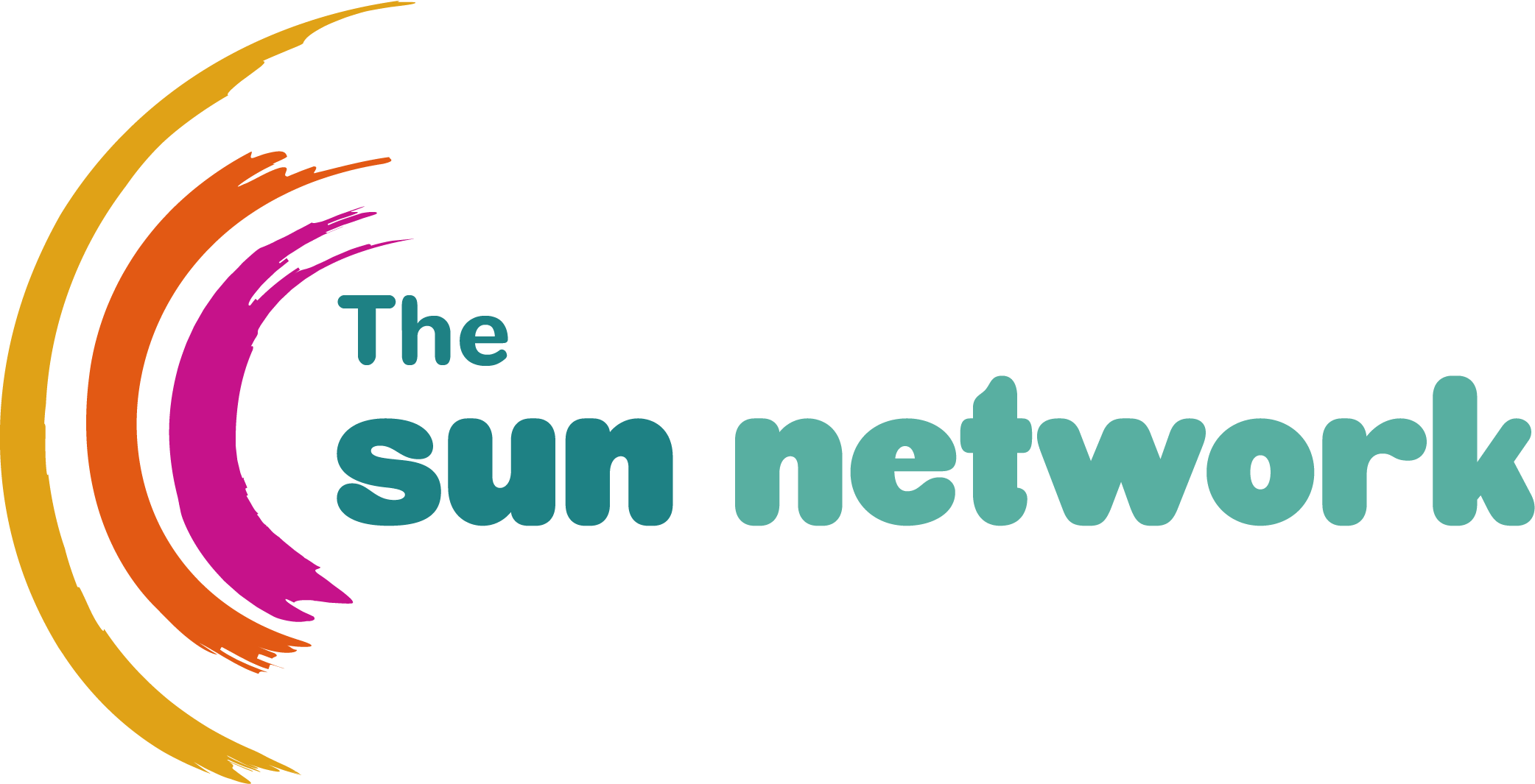12-step recovery groups can be found all over the world. They started as AA (Alcoholics Anonymous) and have spread and branched out to over 200 separate volunteer led groups that use the 12-step program to help folks recovery from many addictive or compulsive behaviours.
Due to the anonymous nature of the groups, there are a lot of misunderstandings about how they work and what they are like. Steve shares about his experience to help others understand how these groups don’t really exist to convert people to a religion, instead offering friendship and support from people who have found this program helpful.
Early Recovery
Steve Suggests a plan of action, a daily routine, to keep focused and to help remember to not use alcohol when bored, angry, tired or stressed, etc.
This study involved almost 2500 participants, seeing that using coping
strategies helped reduce addictive behaviour.
Steve recommends prioritising coming to meetings, listening and sharing. This study suggests that coming to meetings can help addicts build a new network of support, something that the most caring professionals can’t provide.
“the A.A. programme to be carried beyond the meeting into the member’s everyday life and facilitate a continuity of concern which the caring professions cannot provide.”
Growth & Health
How do you know if you have a problem with alcohol? Steve has a simple question that worked for him. After trying everything, Steve found that AA helped him to stop drinking, which, in turn, helped him to move forward in other ways in his life.
The “G-Word”
Steve’s recovery involved spirituality, though he was not at all interested at the start. But in AA he found people who aren’t religious and people who are. Believe what you want, no one cares either way. What joins people in recovery is their addiction and their recovery. Believing isn’t the point as much as experiencing support and connection from something outside ones self.Here’s some information about a study of 700 patients and how 12-step recovery helped their abstinence and spirituality.
Rock Bottom & Blackouts
Harms from Alcohol & Addiction
Some benefits from AA, according to this research, include social influences such as fewer pro-drinking influences and more friends in general. References here and here.
True Self & People Pleasing
Some find detox and rehab key to breaking the cycle of addictive behaviours, but does AA help people in early recovery? In this study the majority of people who used AA stayed sober:
“…Almost three-fourths (73%) of the regular attendees remained chemically free, compared with one-third (33%) of the non-attendees.”
Steve: Out of the Woods
“A study by Gilbert (1991), measured the extent to which individuals had engaged in working the 12 steps and found that working the steps predicted abstinence, whereas a simple measure of attendance did not. A meta-analytic review of 107 studies on AA (Emrick et al., 1993) evinced better outcomes for “more active members”; having a sponsor, for example, had the largest favourable impact on drinking outcomes.”
Monkey-Mind & the Mundane
Recovery showed Steve a way to experiment with accepting life, looking for beauty, even embracing the mundane–sometimes.
Practicing Peace
Meditation is usually particularly difficult for people with addictive struggles. But there are many ways to find some peace. Steve’s experience is that mindfulness is helpful for us with busy minds, as more of a way to deal with our noisy thoughts, rather than a requirement for them to be absent.
Alcoholics Anonymous groups were the first free mutual aid group. Requirements for attendance is a desire to stop using alcohol and they usually limit sharing to the topic of alcohol (unlike the others I’ve listed above). You can ring their national helpline for free on 0800 9177 650 to talk to a member of AA who has been through addiction, understands it first hand, and is keen to help others find their own recovery, or email: help@aamail.org
Cocaine Anonymous groups support other addictions beyond just crack and other forms of cocaine and their website says, “The only requirement for membership is a desire to stop using cocaine and all other mind-altering substances.” Email helpline@cauk.org.uk or call 0800 612 0225.
Narcotics Anonymous groups also support recovery from more than just narcotics. Their website says, “..it’s not a specific drug which defines addicts, it’s whether we have an addictive personality. If you want to stop, but cannot on your own, you qualify.” Email helpline@ukna.org or ring helpline: 10.00am – midnight 0300 999 1212.
And, of course Keep-Your-Head is a wealth of support customised to Cambridgeshire and Peterborough.

